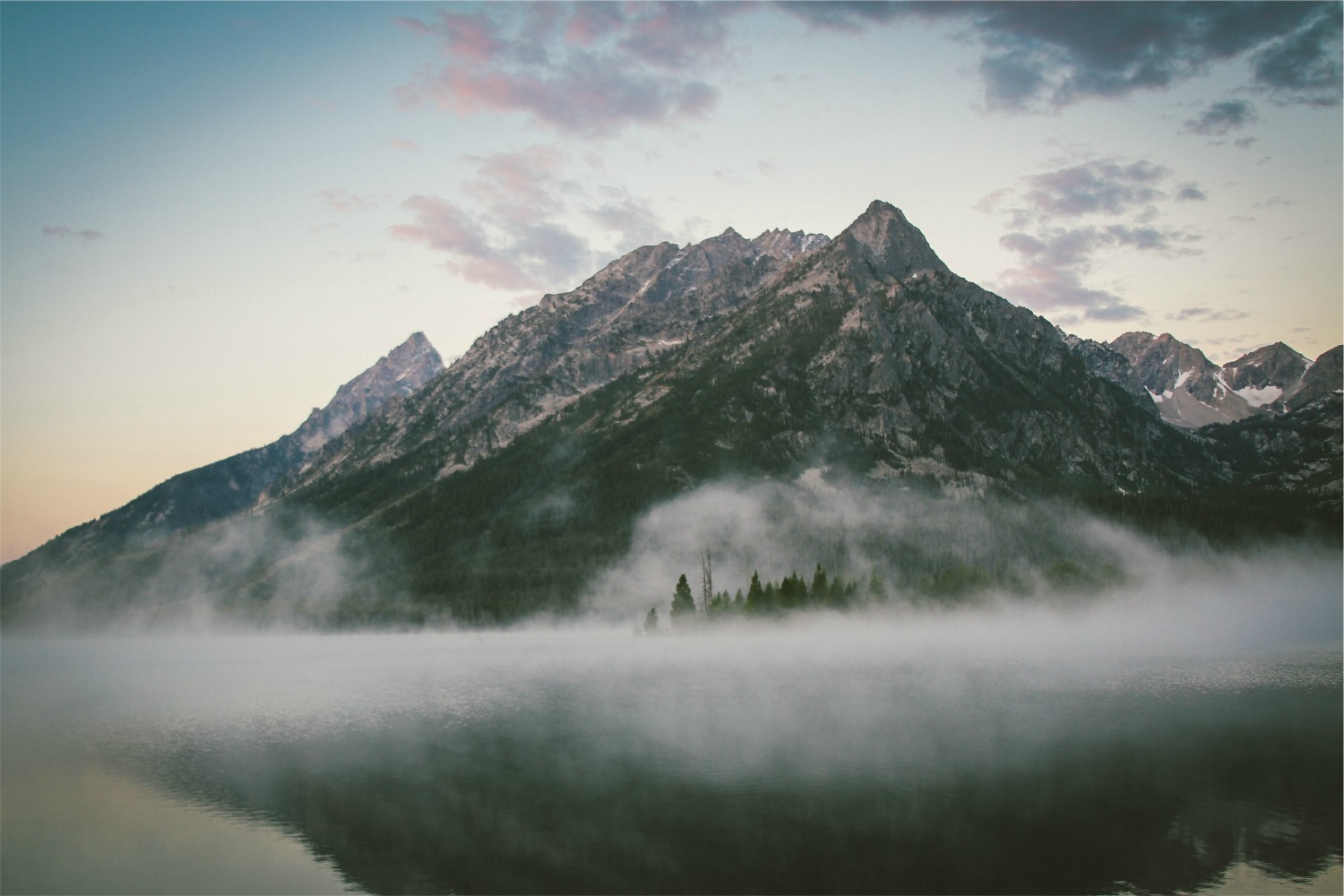This post is part of an ongoing series in which first-year students reflect on the last year and the path that led them to The Seattle School of Theology & Psychology. Read previous entries from Matthias Roberts and Beau Denton, and check back next Thursday for a new story.
When a new year dawns, we ring it in with toasts and countdowns and obnoxious little noisemakers. We make resolutions and set intentions. In truth, we’re in for an unknown and wild rumpus of a ride, filled with joy, unrest, and uncertainty. This time last year, I had recently moved into an under-resourced neighborhood on the west side of Chicago, learning to live in a community of profound brokenness with a spirit of hope. The prospect of graduate school was still sitting in the far corners of my mind, where it had sat for years, nudging at me now and again.
After a visit to Seattle the previous fall, I was considering graduate school a little more seriously. But I was torn, simultaneously looking at The Seattle School and an MFA program in creative writing. Sometime last spring, I realized I was trying to make a decision and anticipate the questions and hurdles in advance, to figure it all out before even dipping my toes in. In the midst of my doubt, a dear friend reminded me of God’s words in Isaiah, which ring true yet today: “Behold, I am doing a new thing, now it springs forth, do you not perceive it?”
With that question resonating in my spirit, I decided to apply. To both programs. One night, while writing my application essay, there was a shooting down the street from my apartment. I paused in my writing, disoriented by the act of writing my graduate application essay while this was happening outside. I decided to write about my experience as part of my essay, struck by the immense privilege it was to even be able to apply to school. I wrote these questions in a footnote: How do you begin to reconcile these worlds? What is the role of graduate school in a place of such brokenness? I still don’t know. But I felt then as I do today: we must be present in it. I couldn’t have known how this place would teach me to practice the art of presence.
I received word of my acceptance to both programs on the same day, with phone calls not five minutes apart. The next couple weeks were weighty with discernment and fervent prayer, my journal interrupted by lists of pros and cons—though I knew ultimately my decision wouldn’t be made by the length of pros vs. cons. Rilke tells his young poet to “have patience with everything unresolved in your heart and try to love the questions themselves.” A prodigious task.
It was with great trepidation that my unresolved heart said yes to The Seattle School. I had been working for a national non-profit, and with an undergraduate degree in fine art and a penchant for writing, the Master of Arts in Theology & Culture program at The Seattle School seemed to offer a unique opportunity to integrate these worlds. I hoped it would help me to cultivate a more defined vocational course.
In mid-August, my mom and I made the road trip west, stopping to see what the wild west had to offer en route to the Emerald City. It was an unforgettable start to an unforgettable journey. When we finally drove in on I-90—the very same I-90 on which we drove out of Chicago—my eyes misted and my heart clenched. “Seattle – Portal to the Pacific,” the Mount Baker Tunnel reads. Better yet, portal to a new odyssey.
I have described my time since then as something of a wilderness. It has been a profoundly disorienting season. We have been asked to enter into the hard space of lament, allowing ourselves to live into the shadowy spaces in order to recognize the pillar of light. I am learning to abide in the wilderness, not just endure, to bless the loneliness and heartache. The little red building that looks out to the Sound has brought much angst and weariness and weeping. Yet, I continue to be astounded at God’s kindness. The former fishery and luggage factory on Elliott Avenue now stands as a vessel for the minds and hearts of a great many brave souls embarking on one of the most courageous journeys I’ve known.
I wrote in my application essay that I believe in living a great story, that I believe story has the capacity to salvage society. We talk a lot about story at The Seattle School—it would be easy to become numb to such a concept. But I still believe in it. If our words are all that’s left of us, what will they say of how we lived? This question has compelled me to enter into the murky space of remembering where I come from and the heartache that I hold, recalling my history in order to traipse on, having learned something of myself and humanity. Because who knows, I might find myself at the face of things too wonderful for me to understand.
In these last few months, I’ve been holding near and dear Chet Raymo’s words from The Soul of the Night. They are an emblem of my odyssey and perhaps a cheer for the doubting soul.
There is a tendency for us to flee from the wild
silence and the wild dark, to pack up our gods
and hunker down behind city walls, to turn
the gods into idols, to kowtow before them and
approach their precincts only in the official robes
of office. And when we are in the temples, then
who will hear the voice crying in the wilderness?
Who will hear the reed shaken by the wind?

